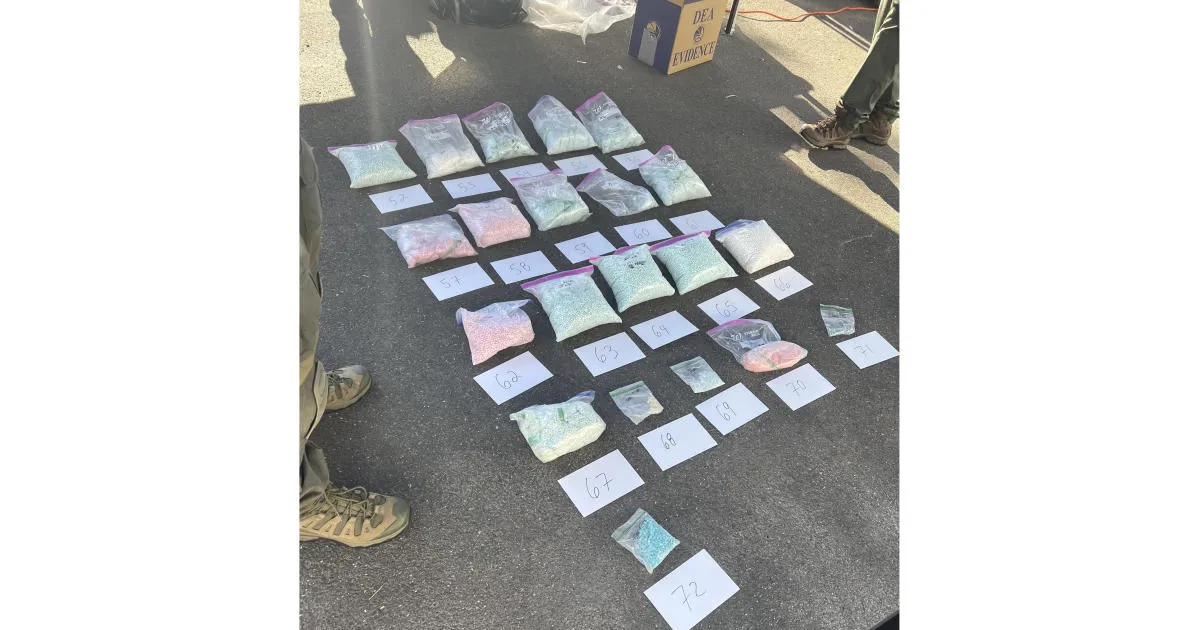Addressing the Opioid Epidemic: Drug Trafficking and Fentanyl Counterfeit Pills

The Opioid Epidemic Impact
The opioid epidemic has developed into a significant public health crisis. In recent indictments, a New Haven man, Kelldon Hinton, 45, is accused of running a substantial drug trafficking operation out of a nondescript garage in Connecticut. Allegations suggest he manufactured hundreds of thousands of counterfeit pills filled with i methamphetamine and fentanyl, putting countless lives at risk.
The Scale of Drug Trafficking
Federal law enforcement officials have stated that Hinton's operation is among the largest counterfeit pill busts in New England history.
- Hinton allegedly shipped the counterfeit pills across the U.S., distributing them to local dealers.
- The fentanyl-laced pills exacerbate the ongoing opioid crisis.
Health Consequences
The ramifications of such drug trafficking extend beyond legal consequences; they pose severe risks to public health. The proliferation of fentanyl counterfeit pills can lead to fatal overdoses and increased addiction rates among users. Proper prevention and response strategies against these dangerous substances are essential to improving community health.
Disclaimer: The information provided on this site is for informational purposes only and is not intended as medical advice. We are not responsible for any actions taken based on the content of this site. Always consult a qualified healthcare provider for medical advice, diagnosis, and treatment. We source our news from reputable sources and provide links to the original articles. We do not endorse or assume responsibility for the accuracy of the information contained in external sources.
This article was prepared using information from open sources in accordance with the principles of Ethical Policy. The editorial team is not responsible for absolute accuracy, as it relies on data from the sources referenced.